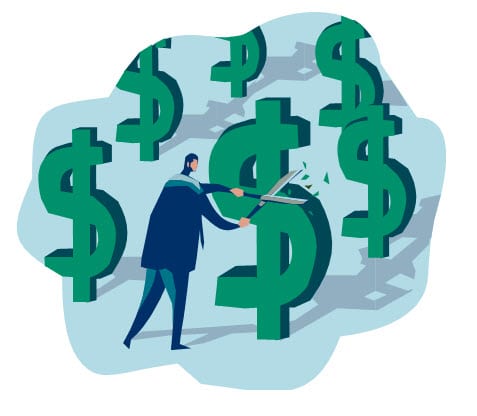Cost of renewable energy continues to fall in the US
September 13, 2013Price continues to be a topic of interest when it comes to renewable energy
Renewable energy has managed to attract a great deal of support around the world in recent years. As more countries become conscious of their impact on the environment, as well as the economic implications of a reliance on fossil-fuels, they are looking for ways to incorporate renewable energy more effectively. While clean power has been winning acceptance among many, that does not mean it is free from criticism. On the subject of renewable energy, cost is often cited as a major barrier that prohibits adoption.
Report highlights the falling costs of clean power
Lazard Freres & Co., a global financial advisory and management firm, has released a new report, titled “Lazard’s Levelized Cost of Energy Analysis 7.0.” The report provides insight regarding the leveled cost of electricity generated by wind and solar energy systems in the U.S. The report suggests that the overall cost of utility-scale solar and wind energy is falling, and has been doing so since at least 2008. The report cites technological innovations and support from both federal and state governments as a major contributing factor to the falling costs of renewable energy.
 Costs drop by 50% since 2008
Costs drop by 50% since 2008
In the U.S. the cost of clean power has dropped by 50% since 2008. The federal government has been showing strong support for clean energy, particularly where solar and wind are involved. Several states also have their own initiatives in place to encourage the adoption of renewable energy. Many of these initiatives are designed to offset the costs associated with clean power in order to make it more attractive to consumers and businesses.
Better storage technology helps mitigate energy loss
Financial incentives are not the only thing making renewable energy less expensive overall. New technology and better storage techniques are also having a significant impact. Conventional energy storage methods are not designed to accommodate renewable energy systems, meaning that a portion of the electricity that these systems generate is wasted as it cannot be stored efficiently. Better storage technologies mitigate this problem and help reduce the costs associated with energy loss.

 With over 15 years of reporting hydrogen news, we are your premier source for the latest updates and insights in hydrogen and renewable energy.
With over 15 years of reporting hydrogen news, we are your premier source for the latest updates and insights in hydrogen and renewable energy.